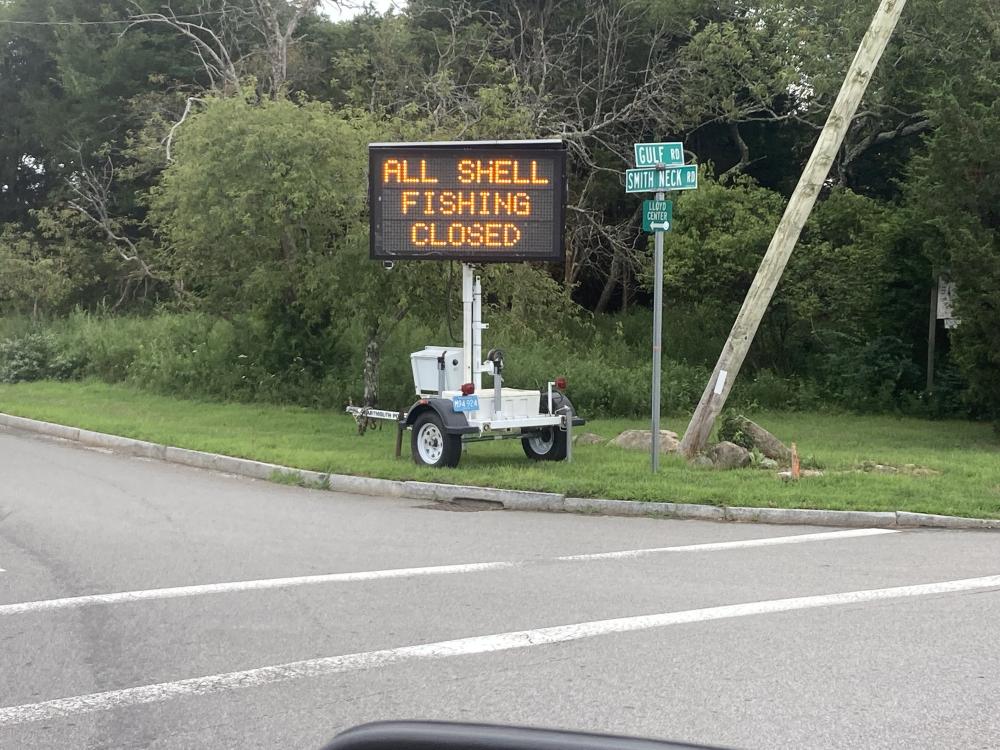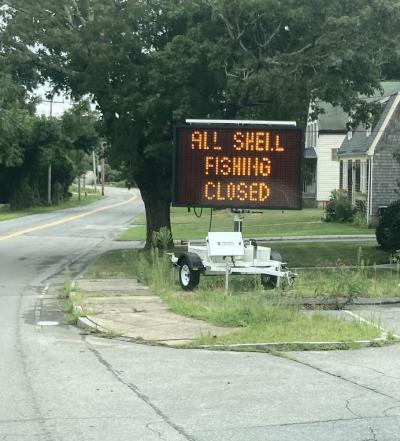Crustacean frustration: Harbormaster talks recent shellfish closures
There has been a rise in concern and confusion about the frequent closures of Dartmouth’s waters to shellfishing, but Harbormaster Steve Melo said he wants to assure the community that it is only due to an increase in awareness and knowledge on the effects of sewage outflows.
The state’s Division of Marine Fisheries and the Federal Food and Drug Administration are “just more vigilant with discharges and they are more strict with the amount of outfall or overflow that is allowed into the water before it has a theoretical impact on our shellfish,” Melo said.
However, this does not mean that the outflows pose any less danger to public health, and several measures have been taken to further inform residents, including the installation of electronic signs and drafting of a shellfishing guide.
The guide explains how locations for shellfishing are broken down and labeled by the state as Designated Shellfish Growing Areas, and each fall under one of five categories that classify whether harvesting is allowed — approved, conditionally approved and prohibited make up Dartmouth’s areas.
[Editor’s Note: See attached PDFs for individual area classifications.]
Conditionally approved means it may close due to rainfall or other conditions leading to poor water quality, which is why Melo emphasizes the importance of paying attention to the signage.
He said the overflow is largely coming from New Bedford and Fairhaven “so we really have our hands tied, and we're at the mercy of another municipality, but that's the connectivity of water — we're all connected by the bay.”
Melo said, “There are a lot of people that love the tradition of harvesting their own shellfish, and they're either unaware or don't want to be aware of these frequent closures.”
He emphasized how this is enforced “strictly for public safety” and the regulations come straight from the state, adding it is the job of him and the environmental police to enforce it, with there sometimes being “harsh” penalties, such a large fine or time in jail.
He added he understands the impact of shellfishing closures on individuals and commercial workers. Shellfish meats are tested within seven days of closure for the level of contamination, which could then shorten or lengthen the 21-day timeline.
“A lot goes into making sure that the shellfish stay safe to eat,” Melo said. “It's a great tradition that we try everything we can do to keep going. It goes back to the original inhabitants of our shores and would love to keep it going into the future.”















